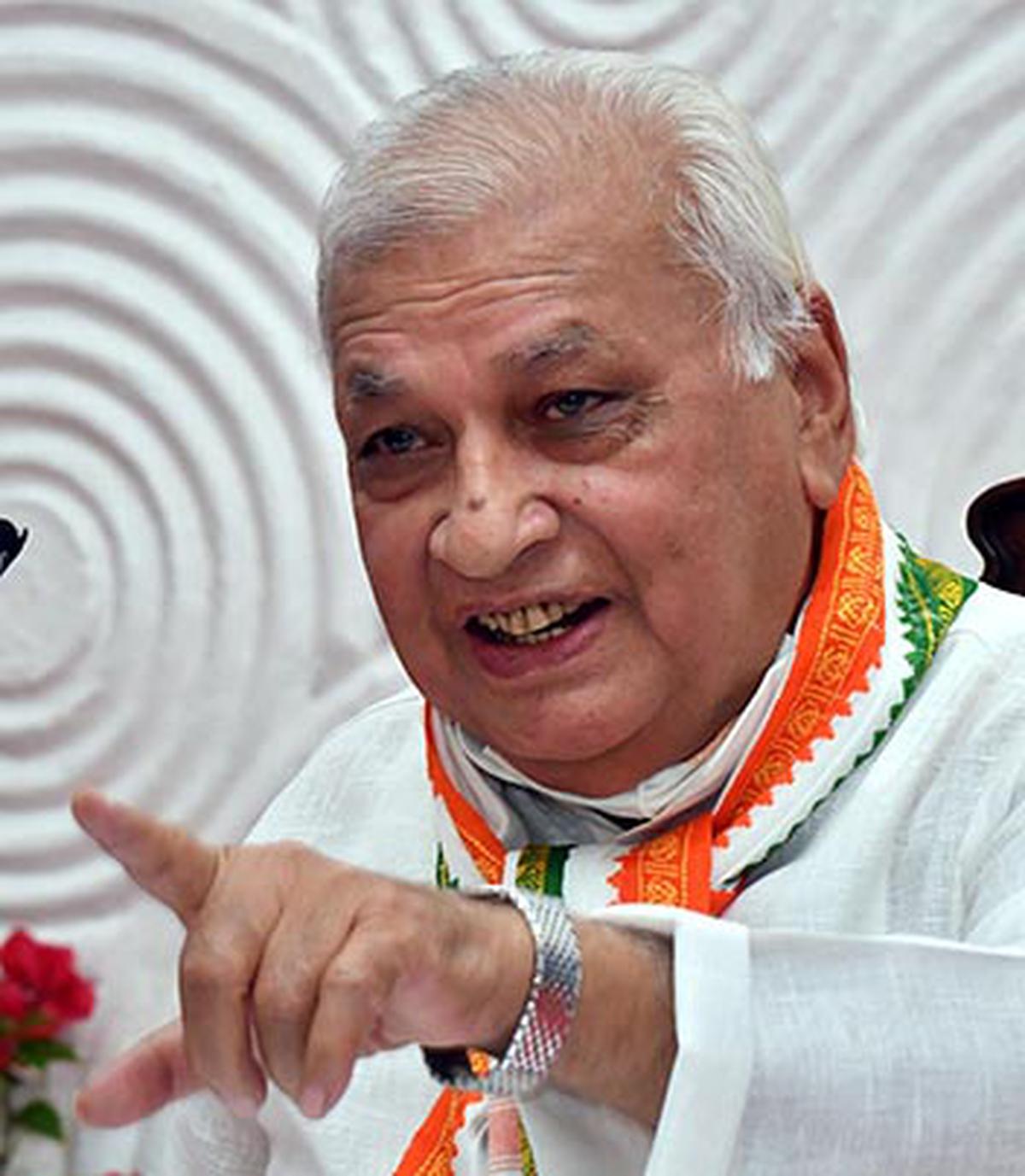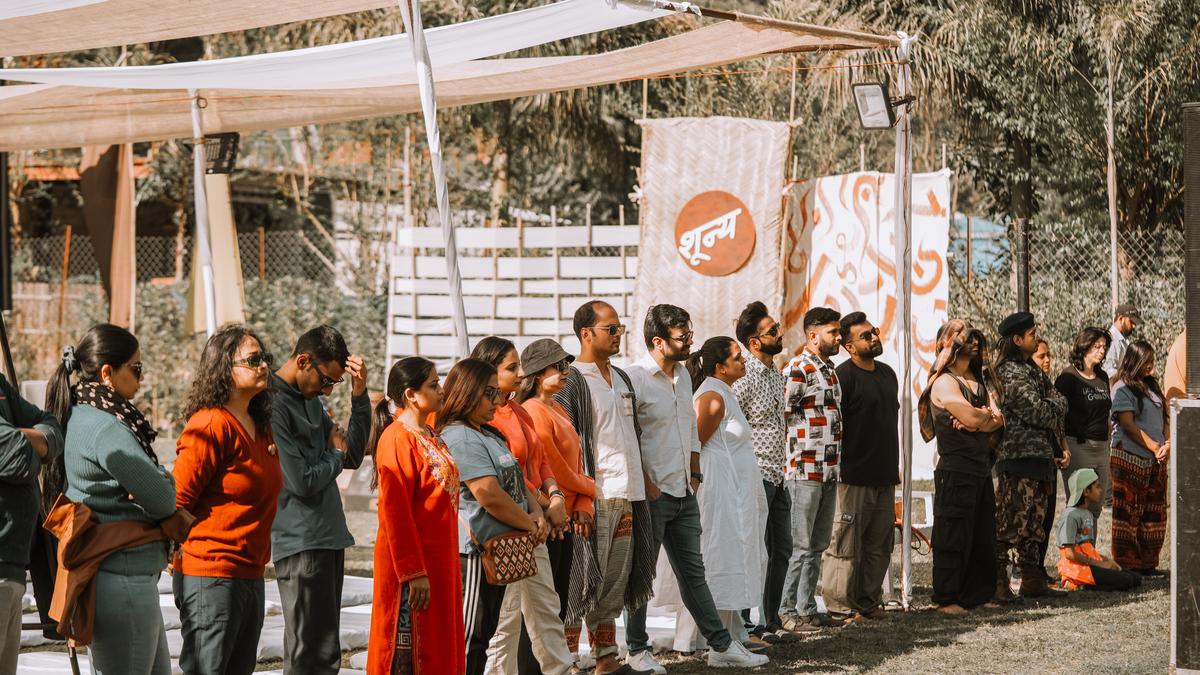A “jangling dissonance” between Congress leaders from Kerala reportedly crept into the party’s plenary session in Raipur in Chhattisgarh. The “discordance” came to light in the utterances of a few Congress delegates from the State.
For one, Congress leader Rajmohan Unnithan, MP, told mediapersons that some leaders’ “disharmonious” public declarations at the venue imperilled the national conference’s sheen. The “unsolicited statements” conveyed the image of a divided house.
Mr. Unnithan’s words came close on the heels of Congress leader Ramesh Chennithala and Leader of the Opposition V.D. Satheesan obliquely crossing swords over the “arbitrary nomination” of at least 60 Kerala Pradesh Congress Committee (KPCC) members empowered to attend the plenary session.
At present, the KPCC boasts 240 elected members, Congress Legislative Party (CLP) members, and a galaxy of party veterans.
Mr. Chennithala suggested in Raipur that a consultation process seemed absent in the KPCC, and he would dwell on the issue once back in Kerala. Mr. Satheesan dismissed the view and maintained that the induction process was independent of party factions.
The opposing positions in the State leadership appeared to set the stage for another season of internal strife in the Congress in Kerala.
KPCC working president Kodikunnil Suresh, MP, has reportedly moved the All India Congress Committee (AICC) against the nominations. Other leaders have also purportedly expressed displeasure against the KPCC and the CLP leadership’s “reluctance” to adopt a consensus approach on organisational matters.
AICC general secretary (Organisation) K.C. Venugopal, MP, told reporters in Raipur that the party would settle the “minor difference of opinion amicably”. The AICC has reportedly tasked its general secretary, Tariq Anwar, to vet the nominations.
The latest affray between leaders comes at an inopportune moment for the Congress. Some workers fear it might eclipse the “momentous” political resolutions adopted by the Raipur plenary, including 50% reservation in organisational posts for marginalised and backward sections of society, and impact the party’s public messaging in the State.
They are worried the controversy could work to the advantage of the ruling Left Democratic Front (LDF), which is under strident attack from the Congress-led Opposition on a host of issues, including fuel price hikes, “stifling of democratic dissent”, and large-scale illegal diversion of CMDRF funds to line the pockets of “CPI(M) sympathisers”.
The issues will likely play out aggressively in the Assembly, which resumes its budget session on Monday.





